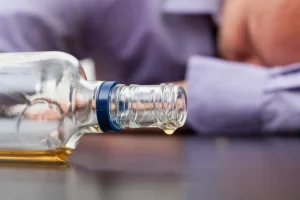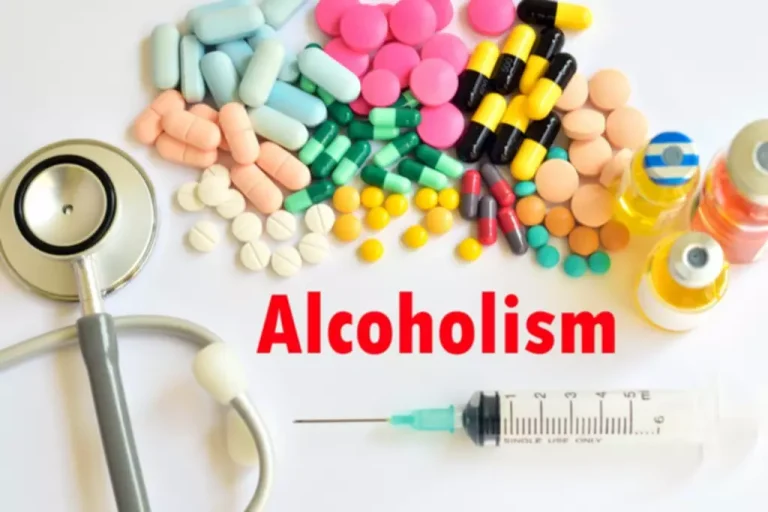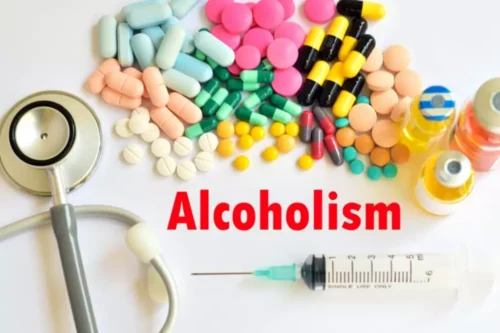
These medicines can help reduce the negative side effects of detoxification and withdrawal. However, some people are more likely than others to be angry when drinking alcohol. This occurs in long-term relationships such as marriage, as well as all dating scenarios. If your partner shows intense feelings of anger and a lack of self-control when drinking, reach out for help. Domestic violence is a very dangerous potential result of alcohol abuse.
Typical Risk Factors for Alcohol-Related Aggression

We know that alcohol makes people do stupid things, so for some, it’s an excuse to do whatever they want. There have been studies where people thought they were consuming alcohol and acted like they were drunk anyway. There are many challenges during this time period, and it can be difficult to deal with them. During this phase, you will have to begin the healing process as you deal with the repercussions of your can alcohol cause anger problems past alcohol use.
What we don’t know: The significant limitations of alcohol-related health research

Your doctor will discuss your symptoms, conduct a physical exam, and give you advice about where to get help. This is one of the most severe side effects of alcohol withdrawal, and it is fatal in up to 15% of untreated cases. If you are experiencing delirium tremens, you may end up suffering from some of the following side effects. Life can be really frustrating, and you might find yourself struggling to deal productively with emotions of anger.

Individualized, evidence based treatment, to fit your needs.
Yes, alcohol may bring up unresolved emotional issues, including past trauma, which can lead to anger outbursts. Yes, alcohol can intensify negative emotions, leading to heightened anger and frustration. Anger is an emotional response to a perceived threat, injustice, or frustration. It is a natural and often healthy emotion that can motivate change or action. However, when anger becomes intense or uncontrolled, it can lead to aggression.
Cognitive Behavioral Therapy (CBT) Interventions
Through empathy and support, we can create environments that nurture healthier relationships with both alcohol and emotions. Recognizing that individuals may grapple with underlying traumas or stressors fueling both alcohol consumption and anger eruptions, it becomes essential to address these issues holistically. Furthermore, individualized treatment plans should encompass a thorough examination of the role of alcohol and anger in the individual’s everyday life.

Mounting evidence links alcohol with cancer. Defining a “safe” amount of drinking is tricky — and controversial.
- The problem is when anger becomes excessive, prolonged, and difficult to control.
- As a positive, unalarming emotion and one that others are used to seeing, however, happiness isn’t on the radar as much as anger.
- If that’s something you feel you’re unable to do, we can support you with other methods of treatment and therapy.
- It’s a very important area of the brain directly impacted by alcohol use.
- It helps you evaluate situations, control your behavior, and manage your feelings.
Anger management and alcohol treatment programs must recognize and educate participants about the relationships between alcohol and anger. It’s equally important that psychotherapists highlight this interaction both with clients who consume alcohol and those in relationships with them. Additionally, this information should also be taught in schools to expand their understanding and hopefully reduce the prevalence of alcohol-related aggression. Over time Ryan came to better understand factors that contributed to his drinking, including his anger and increased aggression when drinking. Therapy assisted him in recognizing how past wounds contributed to his Substance abuse vulnerability to both anger and alcohol use.
- Chronic alcohol consumption can reduce the functioning of the prefrontal cortex.
- If you take someone more prone to anger, they will be less likely to restrain themselves while drinking.
- By promoting sobriety, developing healthy coping mechanisms, and engaging in self-care practices, individuals can address alcohol-related anger problems and foster emotional well-being.
- However, for some, alcohol can cause anger and aggression, which can become a real problem.
- If you had a parent who was frequently enraged while drunk, you may expect that response in yourself when drinking and therefore exhibit it.
Effects of long-term alcohol use
“Hypersensitive people may feel more than most and react more strongly, and this too may lead to anger outbursts,” he says. We all get angry, but there are times that anger might be a sign of something deeper. Evidence suggests that many people who experience symptoms of mental health conditions also report having problems managing their anger. It’s possible that you were angry before you started drinking and alcohol is magnifying those feelings. It is also possible that excessive alcohol consumption is causing a depletion of the neurotransmitter serotonin, which plays a role in mood regulation. Finding wellness through treatment at Serenity Lane doesn’t just mean finding recovery from AUD.
Do People Have Different Personalities When Drunk?
If you have difficulty controlling your drinking behavior, odds are you likely have trouble controlling your temper while drinking. When combined with other evidence-based therapies, such as cognitive behavioral therapy (CBT), MAT can help prevent relapse and increase your chance of recovery. Outpatient programs are often part of aftercare programs once you complete an inpatient or PHP program.